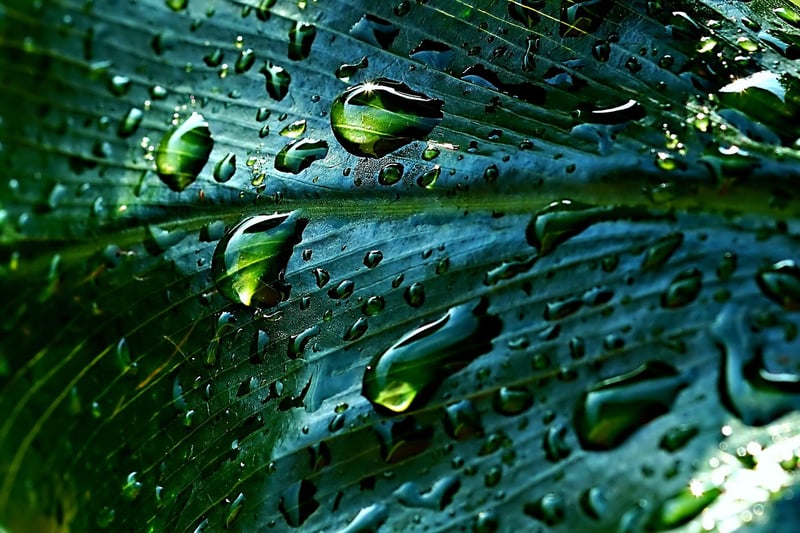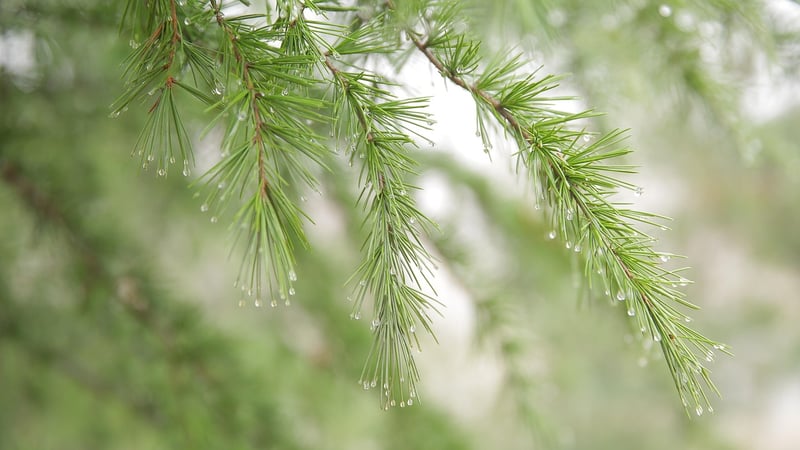Rainwater Harvesting
The Benefits of Rainwater Harvesting for Eco-Conscious Practices
As the world shifts towards more sustainable and eco-friendly practices, rainwater harvesting has emerged as a simple yet effective way to conserve water and reduce dependency on traditional water sources. By capturing and storing rainwater for later use, individuals and communities can contribute to water conservation efforts while also saving money on utility bills.
How Does Rainwater Harvesting Work?
Rainwater harvesting involves collecting rainwater that falls on rooftops and other surfaces, channeling it through gutters and downspouts, and storing it in tanks or barrels for future use. This harvested rainwater can then be used for various non-potable purposes such as watering plants, washing cars, flushing toilets, and even for some household cleaning tasks.
The Environmental Benefits
Implementing rainwater harvesting practices offers several environmental benefits. By using rainwater for non-drinking purposes, households can reduce their demand for treated water, which in turn lowers the strain on municipal water supplies. This practice also helps in reducing stormwater runoff, which can carry pollutants and chemicals to nearby water bodies.
Financial Savings
In addition to the environmental advantages, rainwater harvesting can lead to significant financial savings for homeowners. By using rainwater for tasks that do not require treated water, households can lower their water bills and reduce the overall demand for water utilities. Over time, the initial investment in rainwater harvesting systems can pay off through these savings.
Getting Started with Rainwater Harvesting
- Assess your water needs and the potential for rainwater harvesting on your property.
- Install a rainwater collection system that includes gutters, downspouts, and storage tanks.
- Ensure proper filtration and maintenance of the system to prevent any contamination.
- Use the harvested rainwater wisely for various non-potable purposes around your home.
Conclusion
Rainwater harvesting is a sustainable practice that aligns with eco-conscious efforts to conserve water and reduce environmental impact. By implementing a rainwater harvesting system, individuals can play a significant role in water conservation while enjoying the financial benefits that come with it.

Start your journey towards eco-conscious living today by exploring the possibilities of rainwater harvesting for your home!
For more information and resources on rainwater harvesting, visit EPA's Rainwater Harvesting Guide.
